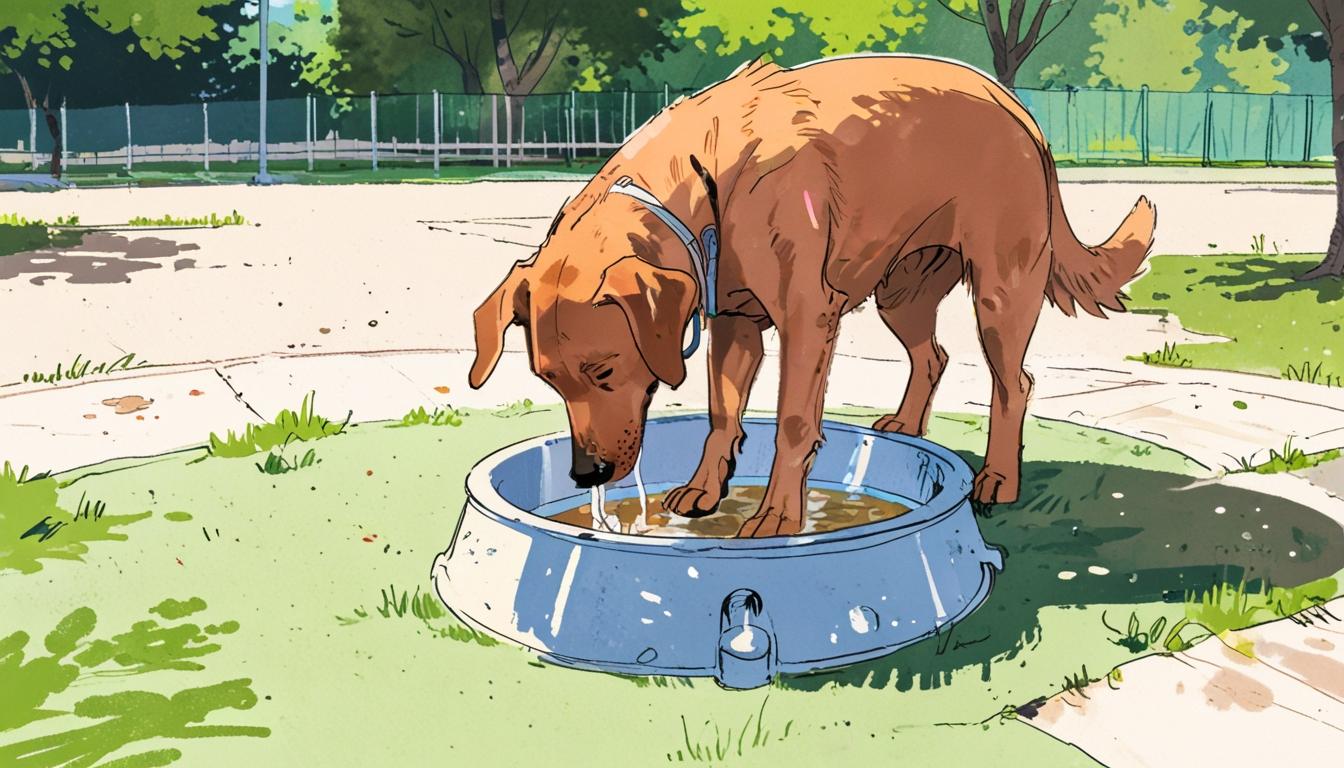On a bright and sunny day, dog owners might often find themselves stopping at local cafes or parks where communal water bowls for dogs are provided. While these shared water sources seem convenient and considerate, recent insights reveal that they can pose significant health risks to dogs.
Water plays a crucial role in maintaining dogs' health, supporting vital body functions and helping regulate their temperature, particularly during warmer weather or after exercise. Unlike humans, dogs do not cool down through sweating but rely primarily on panting, making adequate hydration essential.
However, communal dog water bowls can become breeding grounds for harmful bacteria and viruses. Studies have found antibiotic-resistant Escherichia coli on dog feeding bowls, indicating that such bowls could facilitate the spread of resistant bacteria. More alarming is the risk of transmission of methicillin-resistant Staphylococcus aureus (MRSA), which causes difficult-to-treat skin and soft tissue infections. These infections can spread between dogs and even to humans, particularly if hygiene is lacking.
Other infections can also be shared via communal water bowls, including respiratory illnesses such as kennel cough—a condition characterised by a persistent dry, hacking cough—that spread rapidly among dogs in close contact. Kennel cough can be caused by several pathogens including Bordetella bronchiseptica and canine influenza virus. Contaminated objects like toys, bedding, and water bowls play a role in its transmission, making disease control, diagnosis, and treatment complicated.
Further risks come from adenoviruses, potentially transmitted through faecal contamination of surfaces and objects, which can lead to hepatitis and respiratory infections in dogs.
Certain groups of dogs are particularly vulnerable to these infections; these include young puppies, unvaccinated adult dogs, and older dogs. The risk extends to humans with weakened immune systems living in the same household, as some infections can transfer from pets to people.
Jacqueline Boyd, Senior Lecturer in Animal Science at Nottingham Trent University, advises caution when allowing dogs to use shared water bowls. She noted that "bringing your own water and bowl when out and about" and ensuring communal bowls are regularly cleaned and refreshed can notably reduce health risks.
Owners are reminded that maintaining hygiene is critical: dog food and water bowls should be washed daily with hot water or cleaned in a dishwasher to prevent the build-up of harmful pathogens.
The Independent is reporting on this issue, emphasising the importance of hygiene and careful management of communal water sources for dogs to protect animal and human health alike.
Source: Noah Wire Services
